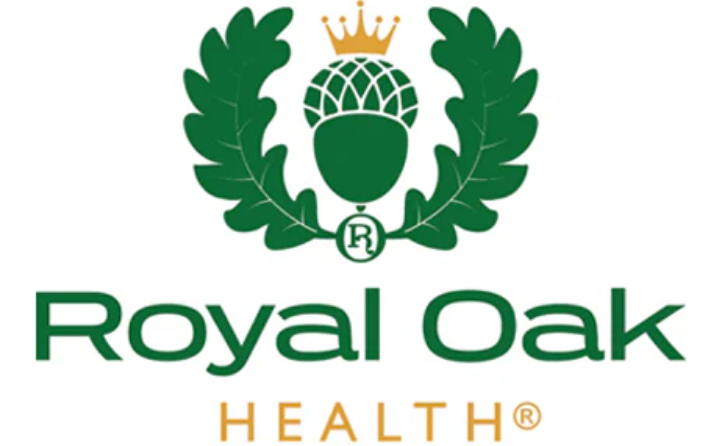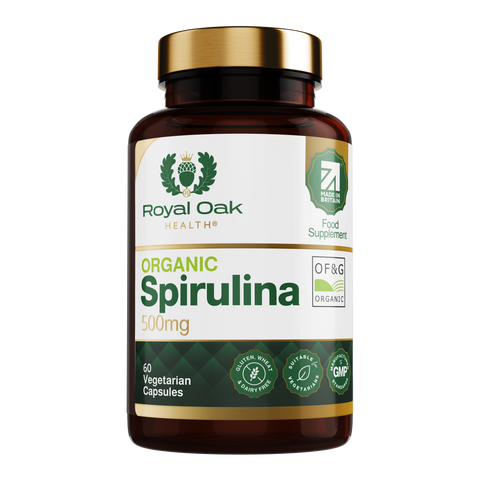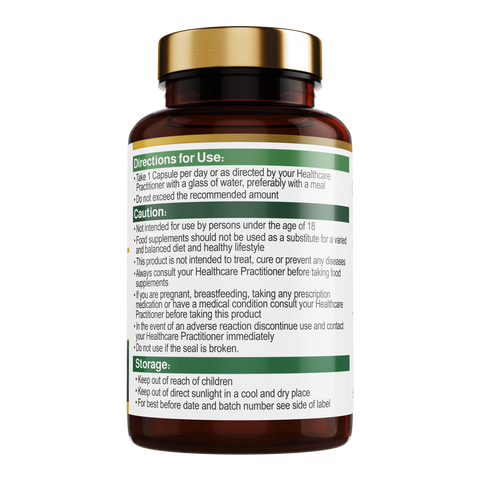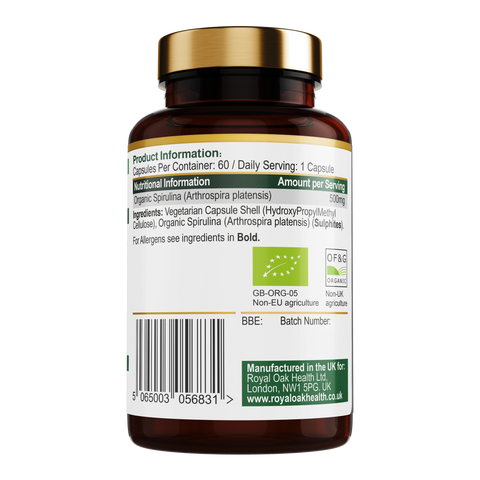Frequently Asked Questions
Spirulina is very nutrient-dense: rich in protein, antioxidants (like phycocyanin), vitamins & minerals. Regular use may help support immune function, reduce oxidative stress, aid in energy production, and help with general wellbeing.
Some improvements—like more energy, less fatigue or improved recovery after exertion—might be noticed within 1-2 weeks. More pronounced effects (like improved antioxidant status, better skin, more stable energy) often take several weeks of consistent use.
Organic spirulina is typically grown under stricter, cleaner conditions, reducing risk of contamination with heavy metals, toxins or other unwanted algae. Because spirulina is a blue-green algae, it can absorb contaminants from its growing environment, so sourcing and testing matter a lot.
Yes—spirulina can be particularly useful when dietary protein is low, during times of oxidative stress (pollution, heavy training, illness), or when you need extra micronutrient support (iron, vitamins, etc.). Some studies also show benefits for cardiovascular markers like cholesterol or blood pressure.
While spirulina is generally safe, some people may be sensitive or allergic. It may cause mild digestive discomfort or reactions in rare cases. People with phenylketonuria (PKU) should avoid it, and always ensure the product is tested for purity to avoid risks from toxins/heavy metals.




